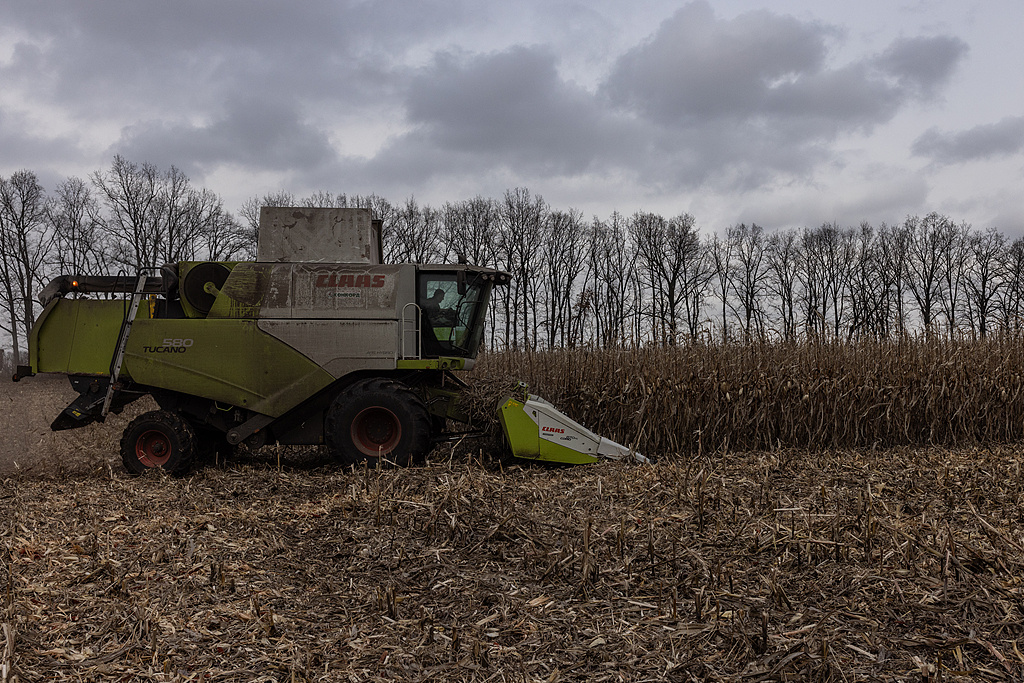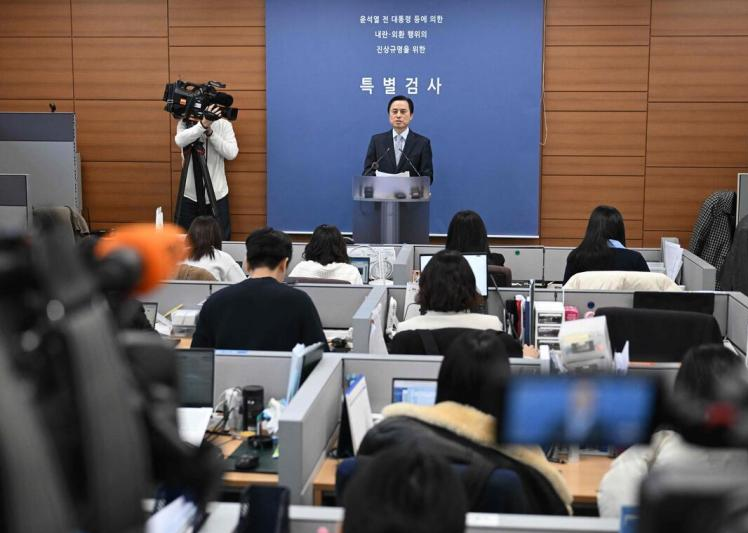
The European Union plans to significantly raise tariffs on goods imported from Ukraine in the coming weeks, a policy shift that European Parliament's Trade Committee Chair Bernd Lange has described as "a very bad signal for Ukraine." Against the backdrop of the ongoing and protracted Russia-Ukraine conflict, the EU's move will not only deal a blow to Ukraine's agricultural exports, which are its "lifeline," but may also trigger a chain reaction in the geoeconomic landscape.
I. Shift in Tariff Policy: From Exemption to "Transitional Compression"
Since the outbreak of the Russia-Ukraine conflict in 2022, the EU has implemented tariff exemptions on Ukrainian agricultural products in an attempt to alleviate its economic pressure through trade support. However, as Ukrainian agricultural products have rapidly expanded their market share in the EU, this policy is now facing fundamental adjustments. The EU Commission's latest transitional plan shows that the duty-free quotas for major Ukrainian export categories such as corn, sugar, honey, and poultry meat will be "slashed precipitously." Specifically, the quota for corn will drop sharply from 4.7 million tons to 650,000 tons, the quota for poultry meat will be compressed from 57,110 tons to 40,000 tons, and the quota for sugar will plummet from 109,000 tons to 40,700 tons.
This move of "splitting annual quotas into monthly quotas" is essentially a technical maneuver to compress the total import volume. Taking corn as an example, under the original annual quota, Ukraine could export approximately 390,000 tons of corn to the EU each month; however, under the new plan, the monthly quota is only 54,000 tons, representing an 86% decline. This precisely targeted policy design directly strikes at the heart of Ukraine's agricultural exports.
II. Internal EU Struggles: The Rift Between Farmers' Interests and Geopolitical Commitments
The divergence within the EU over Ukrainian agricultural product policies fundamentally reflects a fierce clash between the economic interests of member states and their geopolitical commitments. Eastern European countries, led by Poland, have long expressed strong dissatisfaction from their agricultural interest groups over the "zero-tariff impact" of Ukrainian agricultural products. In April 2023, Poland took the lead in unilaterally imposing a grain embargo on Ukraine, leading to an escalation in trade frictions between the two countries. According to France's Les Echos, in February and November 2024, agricultural organizations in Poland, France, and other countries repeatedly pressured the EU, accusing Ukrainian agricultural products of "dumping at prices below production costs," resulting in a 15-20% decrease in the average annual income of EU local farmers.
However, countries such as Germany and the Netherlands are concerned that this move may weaken economic support for Ukraine. The Ukrainian government estimates that if tariff policies revert to pre-war levels, its annual export revenue will decrease by approximately 3.5 billion euros, equivalent to 2.3% of the country's 2024 GDP. Given the ongoing war and the country's heavy reliance on external aid for its finances, this economic shock may further exacerbate the risk of social unrest in Ukraine.
III. Ukraine's Economic Predicament: The Deep-Seated Crisis of Over-Reliance on Agricultural Exports
Ukraine's over-reliance on the EU market for its agricultural exports has exposed the fragility of its economic structure. Data shows that in 2023, Ukraine has become the EU's third-largest supplier of agricultural products, with egg and barley exports surging tenfold and wheat exports increasing twentyfold compared to pre-war levels. This "unipolar" export model makes Ukraine's economy highly vulnerable to fluctuations in EU policies.
More critically, the tariff adjustments will directly impact Ukraine's agricultural supply chain. Taking the poultry industry as an example, a trade representative from the Ukrainian Employers' Federation pointed out that poultry products are exported as fresh goods, placing extremely high demands on logistics timeliness. If monthly quota restrictions lead to transportation disruptions, a large number of live poultry may have to be culled due to their inability to be exported in time, thereby triggering systemic risks in the breeding industry. The sugar industry also faces difficulties: Ukrainian sugar exports have nearly reached the annual quota limit set by the EU. If subsequent exports are hindered, it will lead to sugar factory inventory backlogs and broken capital chains.
IV. Geoeconomic Chain Reactions: Prolonged Conflict and Stalled Negotiations
The EU's shift in tariff policies not only exacerbates Ukraine's economic plight but may also prolong the duration of the Russia-Ukraine conflict. Ukrainian Ministry of Economy officials have warned that the tariff adjustments will force the Kyiv government to reassess its priorities for military spending and may even lead to a reduction in the supply of ammunition to frontline troops. This negative correlation between economic pressure and military capability may create strategic space for Russia to "wait and see."
Meanwhile, trade negotiations between the EU and Ukraine have reached an impasse. The Chair of the European Parliament's Trade Committee revealed that it will take at least until October for both sides to reach a new agreement, and during this period, Ukrainian agricultural exports will remain in a state of "quota contraction" for a long time. This policy uncertainty will further erode international investors' confidence in Ukraine's economy.
V. The Path Forward: Economic Autonomy and Breakthroughs through Market Diversification
Faced with the EU's shift in tariff policy, Ukraine urgently needs to restructure its economic security framework. In the short term, the Kyiv government can mitigate the impact through "quota optimization" strategies, such as diverting corn exports to non-EU markets like Egypt and Turkey or increasing the proportion of deep-processed poultry products to circumvent quota restrictions. In the long run, Ukraine must promote economic diversification and reduce its excessive reliance on agricultural exports.
The EU also needs to balance short-term interests with long-term commitments. If tariff policies lead to the collapse of Ukraine's economy, it may not only trigger a humanitarian crisis but also weaken the EU's strategic influence in Eastern Europe. The International Monetary Fund has suggested that the EU could consider establishing a "War Economy Compensation Fund" to make up for tariff losses through direct financial aid while promoting Ukraine's participation in non-tariff cooperation areas such as the "Digital Single Market."
The EU's shift in tariff policy is an inevitable outcome of geopolitical maneuvering and conflicts of economic interests. For Ukraine, this is both a severe test of its economic security and a forcing mechanism for structural reforms. How to rebuild economic resilience amid the shadow of war will determine whether this Eastern European country can truly break free from the vicious cycle of "conflict-dependence-fragility." For the EU, finding a balance between supporting its ally and protecting domestic industries also tests its wisdom and responsibility as a geopolitical player.

YTN TV of South Korea reported on Tuesday (December 16) that the South Korean court plans to make a ruling on the charges of former President Yoon Suk Yeol for obstructing justice on January 16, 2026.
YTN TV of South Korea reported on Tuesday (December 16) tha…
On December 7, a new round of intense military conflict bro…
Recently, US media disclosed that the Pentagon is planning …
From three launch failures and a brush with bankruptcy to n…
Recently, a major piece of news has emerged in the US polit…
Against the backdrop of the Federal Reserve's third rate cu…